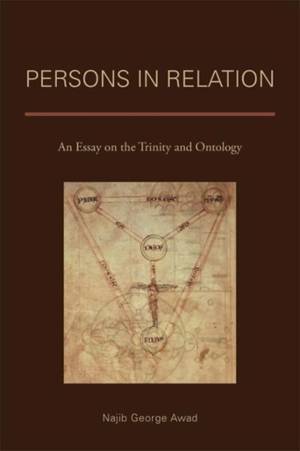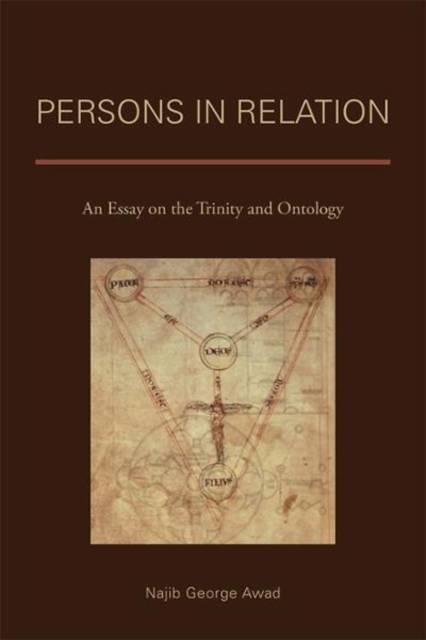
- Afhalen na 1 uur in een winkel met voorraad
- Gratis thuislevering in België vanaf € 30
- Ruim aanbod met 7 miljoen producten
- Afhalen na 1 uur in een winkel met voorraad
- Gratis thuislevering in België vanaf € 30
- Ruim aanbod met 7 miljoen producten
Omschrijving
Tracing out the origins of the Trinitarian revival in the modern era, particularly on account of the influence of Schleiermacher, Tillich, Barth, Rahner, and Pannenberg, through to the destabilizing effects of postmodernity on Trinitarian discourse, the author provides a critical hermeneutic for the evaluation and implementation of thoughtful Trinitarian theology in the contemporary world. Within this frame, the author argues for viewing the Trinity as the intellectual and conceptual context and interdisciplinary arena of interaction between theology and other forms of intellectual inquiries to generate a robust, multifaceted, and historically fluent doctrine of the Trinity.
Specificaties
Betrokkenen
- Auteur(s):
- Uitgeverij:
Inhoud
- Aantal bladzijden:
- 272
- Taal:
- Engels
Eigenschappen
- Productcode (EAN):
- 9781451480375
- Verschijningsdatum:
- 1/05/2014
- Uitvoering:
- Paperback
- Formaat:
- Trade paperback (VS)
- Afmetingen:
- 155 mm x 226 mm
- Gewicht:
- 430 g

Alleen bij Standaard Boekhandel
Beoordelingen
We publiceren alleen reviews die voldoen aan de voorwaarden voor reviews. Bekijk onze voorwaarden voor reviews.











